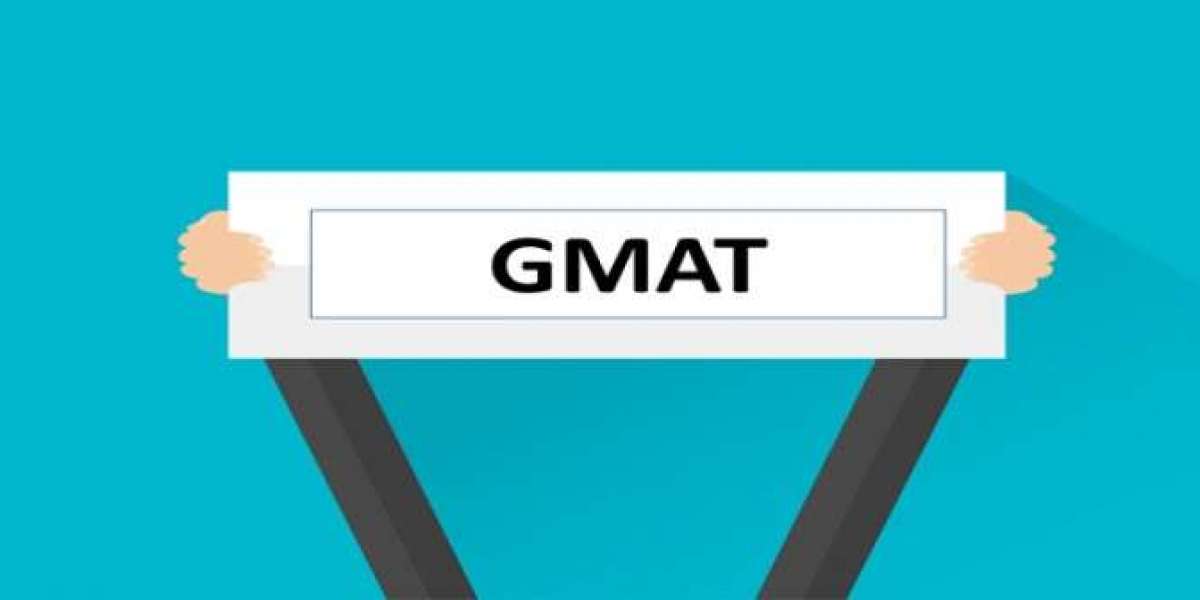The Graduate Management Admission Test (GMAT) is a standardized exam used by business schools around the world to assess the qualifications of applicants for advanced study in business and management. Understanding GMAT eligibility is crucial for prospective test-takers who aim to enhance their educational and career prospects. In this blog, we will delve into the eligibility criteria for the GMAT, key considerations for test-takers, and essential tips for preparing for the exam.
1. Basic Eligibility Criteria
Age Requirement
There is no official age limit to take the GMAT; however, most test-takers are typically in their mid-20s to early 30s, as they often seek admission to graduate business programs after completing their undergraduate studies. The Educational Testing Service (ETS), which administers the GMAT, recommends that candidates be at least 18 years old to register for the test. For individuals under 18, parental consent is required.
Educational Background
While there are no strict educational prerequisites for taking the GMAT, it is generally expected that candidates have completed their undergraduate degree or are in the final year of their bachelor’s program. Many business schools require applicants to have a bachelor’s degree or an equivalent qualification from an accredited institution.
Work Experience
Although not a formal requirement, many MBA programs prefer candidates with some work experience. The average GMAT test-taker has about four years of professional experience, which enhances their application and provides real-world context for the academic curriculum. However, some programs accept recent graduates or individuals with limited work experience, particularly in specialized fields.
2. Registration Process
The registration process for the GMAT is straightforward. Candidates must create an account on the official GMAT website and complete the registration form. During registration, candidates are asked to provide personal information, including their educational background and work experience. It is important to ensure that all information is accurate, as discrepancies may lead to complications on test day.
3. Test Format and Duration
The GMAT consists of four main sections: Analytical Writing Assessment (AWA), Integrated Reasoning (IR), Quantitative, and Verbal. The total duration of the test is approximately 3 hours and 30 minutes, including breaks.
- Analytical Writing Assessment: 30 minutes
- Integrated Reasoning: 30 minutes
- Quantitative: 62 minutes
- Verbal: 65 minutes
4. Score Reporting
GMAT scores are valid for five years, allowing candidates to take the test multiple times and submit the best score to business schools. Test-takers can choose which scores to report, giving them control over their applications. Most schools look for competitive scores, which can vary significantly by institution and program.
5. Special Considerations
Test Accommodations
The GMAT provides accommodations for test-takers with disabilities or other special needs. Candidates requiring accommodations should request them during the registration process, providing appropriate documentation to support their request. Common accommodations include extended time, additional breaks, or a separate testing room.
Language Proficiency
The GMAT is conducted in English, and while there are no language proficiency requirements, non-native English speakers may benefit from improving their English language skills before taking the exam. Many business schools also accept non-GMAT alternatives, such as the GRE, for applicants who may have concerns about their English proficiency.
6. Preparation Tips
Start Early
Begin your preparation well in advance of your planned test date. A typical GMAT study schedule ranges from three to six months, depending on your baseline skills and study habits.
Utilize Official Resources
The official GMAT website offers a wealth of resources, including practice exams, study guides, and online courses. Familiarizing yourself with the test format and types of questions will enhance your confidence and performance.
Practice Regularly
Regular practice is essential for success on the GMAT. Use practice tests to assess your strengths and weaknesses, and focus on areas that require improvement. Time yourself during practice sessions to develop your pacing skills.
Join a Study Group
Consider joining a study group or enrolling in a GMAT preparation course. Collaborating with peers can provide motivation, diverse perspectives, and valuable feedback on your progress.
Conclusion
Understanding GMAT eligibility is the first step toward achieving your academic and career goals in business management. By meeting the eligibility criteria and adequately preparing for the exam, you can enhance your chances of gaining admission to your desired business school. With determination, the right resources, and effective study strategies, you can conquer the GMAT and pave the way for a successful future in business.







